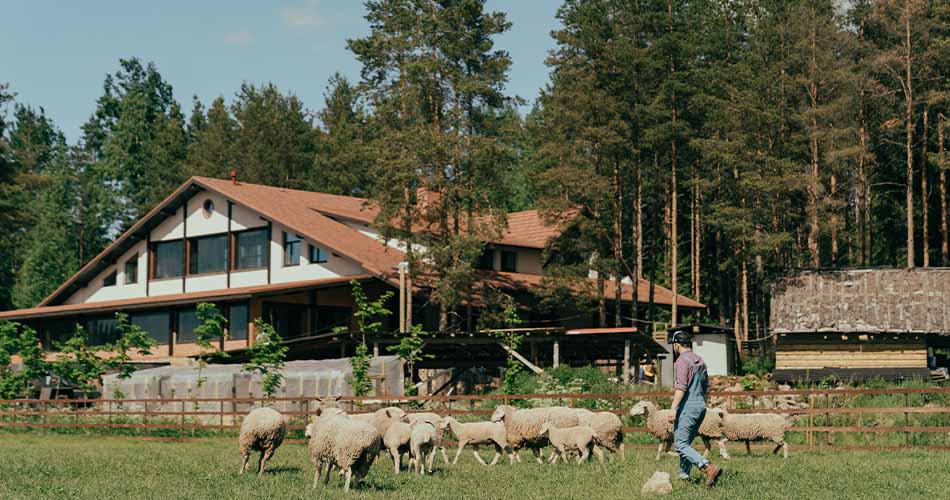
Have you always dreamt of having the freedom to grow your own food, look after animals, and live in a homestead in a remote area surrounded by nature? It may look romantic and seem like a great idea, but it is definitely not an easy one!
This independent lifestyle hides many stumbling blocks, and you need to be aware of them in advance. It is so easy to become a servant to your homestead instead of letting your homestead serve you. Lots of newbies go back to the city very quickly!
This shouldn’t be the case for you! You may think you are ready, but believe us, there is always room to improve, and the best way is by learning from other people’s mistakes. If you are ready to leave everything in the city – your job, friends, and family, you really need to be aware of what you are getting yourself into.
We would love to help you with a list of the nine most common mistakes a new homesteader makes. Hopefully, our advice will help you avoid some of the pitfalls that beginners usually struggle with.
Mistake #1: Not making a plan
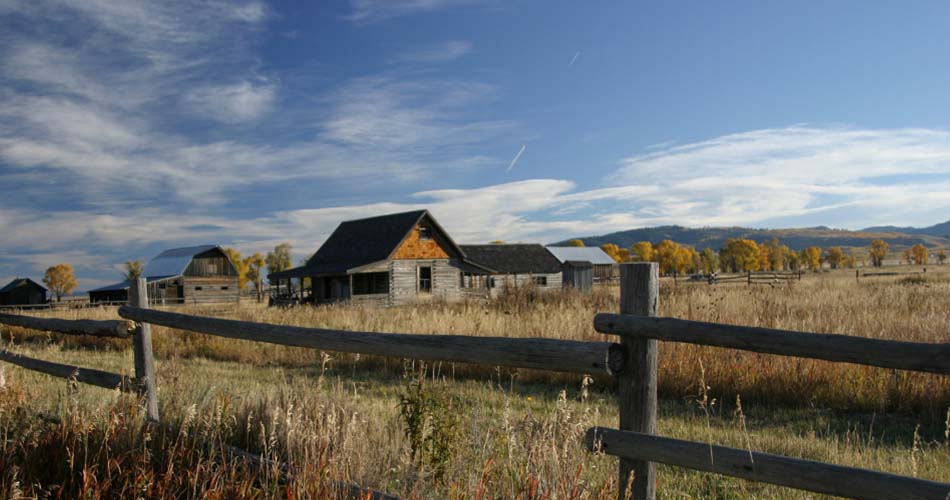
Fulfilling your dream of having a homestead would be great, but you don’t want to jump into this step without planning it ahead! Being spontaneous sounds good, but use this courage in other aspects of life as it might not quite work with homesteading. Owning land requires planning, prioritizing your main needs, and having goals.
What you need to do is: write down your future plans, and don’t think only about the basics. Go into more detail for a better outcome. Do not assume that everything will go smoothly; instead, try to be realistic about what you can achieve and try predicting what could possibly go wrong so that you have an action plan in advance.
Think about:
- Which area suits your needs?
- How much land would you need?
- How will you make an income from your homestead?
- What kind of equipment would you need?
- What kind of animals will you be looking after, and for what purpose?
Give a specific date for when you want each goal or task to be done.
If you have the idea of starting this homestead as a business venture, be even more precise! Go into more depth – make a business plan. After you start, you should regularly review how the work is going and change the strategy if things are not working out the way you want them to.
Unfortunately, not everything will go as planned. This doesn’t mean we should skip this essential first step, of course! Your plan is your compass – it will help keep you on track!
Mistake #2: Failure to create a budget
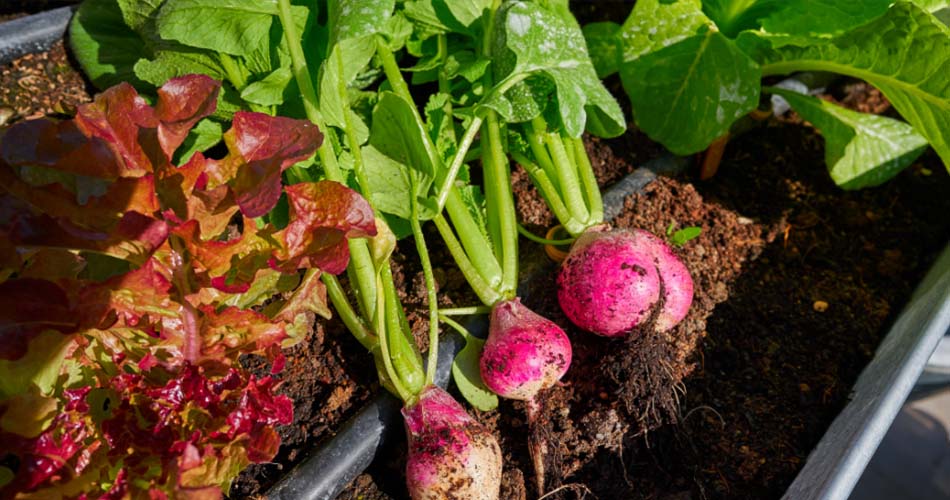
Owning a homestead is extremely expensive, so you need to be aware of the costs and set your budget. Before even taking the step of buying, check how much the land will cost. Also, home renovations can be a big splurge. We encourage you to make a list, go through all the points on it, and think about the financial part.
The list is long, and if your finances fall apart, unfortunately, your dreams of homesteading will also fall apart with it. Invest only in the things you certainly can afford, and change your plans for those you can’t.
Another important tip is not to invest a lot of money in advanced infrastructure. Unless you have spent your life on a homestead, there is no way you know how to design the garden in the most effective way. Start from somewhere, get some good experience, clear your vision, and then invest in more temporary infrastructure when you upgrade your knowledge.
Of course, you need to give lots of money to create your dream homestead, but once it is done, you will have to keep up with the daily expenses. Determine how much you will need for electricity, water, seeds, soil, pots, and animal food. This will always be part of your monthly budget.
Mistake #3: Failure to do a proper research
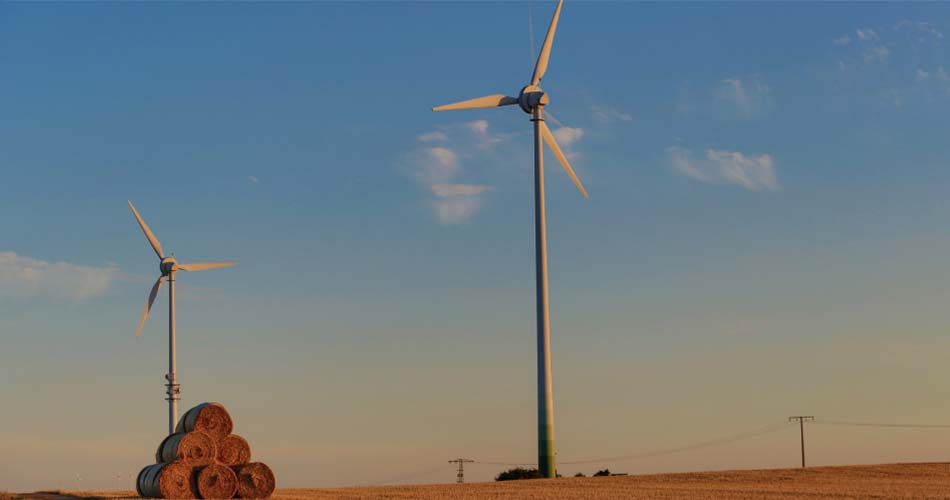
The good news is that you have already started your research with this article! It is absolutely unacceptable to skip researching in advance, as there is so much information online nowadays that can really help you. The Internet is full of everything you need!
Start with your land. It is a must to check the zoning before purchasing. You might buy acreage, but farm animals may not be allowed by the zoning of your place. Depending on the country and particular region, there are both estates in the countryside and farms. The closer you are to the city, the higher the possibility of not being allowed to own farm livestock.
A property may look completely different when the seasons are changing. The spring is romantic; everything blooms, you can feel the life, but the winter is another story. At times, an area may appear heavenly – no wind, bright sun, and all-around peace – but when planning a residence, you should consider the future of this property and determine if the climate all year round matches your strategy. Research the area and inquire with the locals about how things are in the different seasons.
If you want to take this journey of becoming a homestead, research the resources you need for water and electricity, too. Alternative energy options may be interesting – is there a creek for a micro-hydro system, a path of wind for a wind generator, or even solar panel systems? What are the animal’s requirements for medical care and food? How are you going to store all the food you will be producing?
All those small bits and bobs can make or break your project! One thing is certain: if you know what you’re doing ahead of time, you’ll have a much better chance of succeeding in homesteading.
Mistake #4: Constructing an overly large house
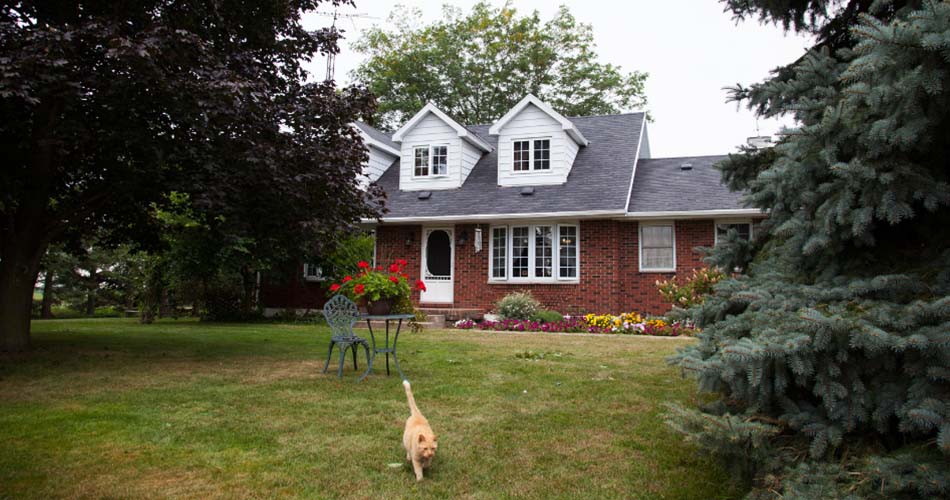
You will be designing a house without construction restrictions, but don’t get too overwhelmed. This freedom to build the home of your dreams is a gift, but again, think realistically! You should maintain the house later. If you make a palace, it will be more complicated for your everyday life and less comfortable. It would take too much energy, and you already have a lot to do with the animals and the garden.
A larger home means a tremendous amount of space to heat. Thus, it may cost you a fortune. The balance is somewhere around a twelve hundred square foot house – far from a mansion but perfect for an average family of 4-5 people. You will save a lot of time and large amounts of expenses that would have been better spent on investing in something else.
If you love DIY projects and building your own shed sounds like something you would love to try, click here to grab 5 FREE shed plans now!
Mistake #5: Excessive gardening plans
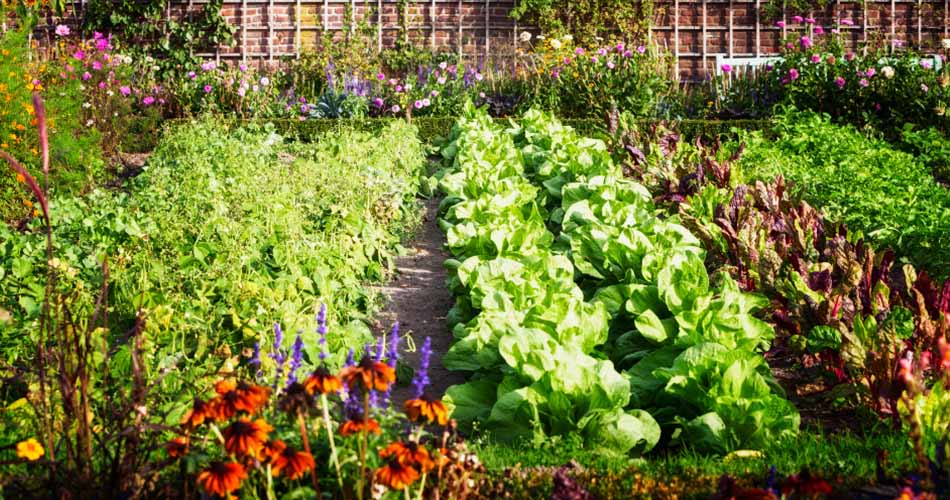
Eating is one of our favorite activities, but imagining a home-grown ingredient just adds to the pleasure! We know that for a new homestead owner, the idea of producing everything they love to eat may be appealing, but we really advise you to start with a small garden!
If you already have a plan, think wisely about what you can realistically do for this time frame. What is your purpose? What is your end goal? Know your limits; do not cross them over. You don’t need to be a servant to your production. If you burn yourself out, it will affect your attitude and turn your dream into a nightmare. Make sure your goal is realistic, then break it into separate small tasks and complete them one at a time. Keeping a slow and steady pace is important, and setting up a homestead takes time.
Don’t grow what you won’t consume. This is a waste of food, space, time, and money. As a beginner, start with the basics, and as your knowledge and resources grow, expand your space and products. Saving time and money from the start will save you a lot of energy in the long run. A garden means lots of work. If you are not ready to put it into everyday maintenance, save your time and money before even starting. It is unrealistic to think that you will be self-reliant on your food within the first few years; as we said, it just takes time.
Mistake #6: Breeding animals without a clear plan
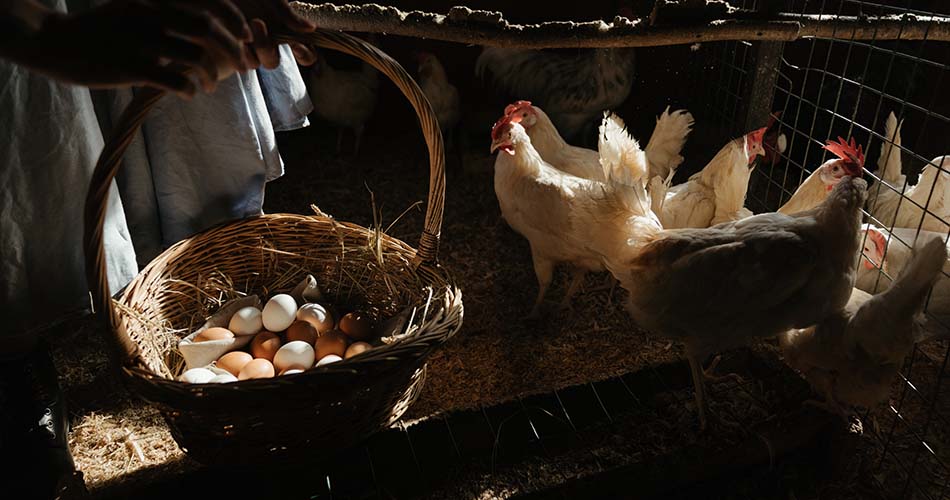
If you are breeding your own animals, first think about what you are going to do with the babies – sell them or eat them? You should be very careful with the livestock. The food you don’t eat, you can trash, but with animals, you have limited options.
You need to figure it out before you breed. If you want to sell, you need a business plan or at least a customer list. Be aware of the periods when it is best to sell, when your animals have the most value, and how you need to feed them to sell well.
If you want to keep them like farm animals, you need to know that their feed costs will probably be the highest ongoing cost on the homestead. Even if you decide to make your own hay, think about the gas and equipment you’ll need to look after those animals.
Do not breed animals unless you have a plan and the resources to carry it out!
Mistake #7: Failing to connect with your new community
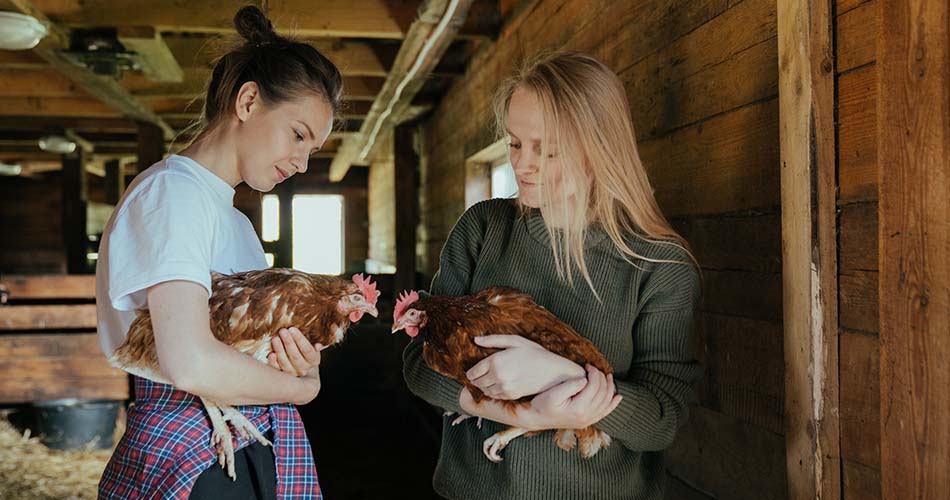
Although you read this mistake near the end of the article, it is one of the most important ones! Communities are very popular among homesteaders.
You chose to feel independent, living in your own homestead, but the nearest community will play an important part in your life! Being a new homestead owner can feel isolating at times, so you need those people around you. They are even more important than the neighbors in a regular building, as you share the same struggles in your everyday life routine.
Make a connection with those like-minded people. Enter the new community with an open heart and respect. Try to be kind to everyone, as the first impression is long-lasting. Try not to judge and share negative opinions. First, you need to understand people’s culture and lifestyle before you share any constructive criticism. Also, wait until you try to bring change to an established community. Still, you can at least offer help.
In return, those people will also respect you and be generous with you as a newbie. They can help you with advice and knowledge. All those people were in your position once, and they should know your struggles. They will not only provide guidance but also serve as your social circle.
Mistake #8: Learning from your mistakes
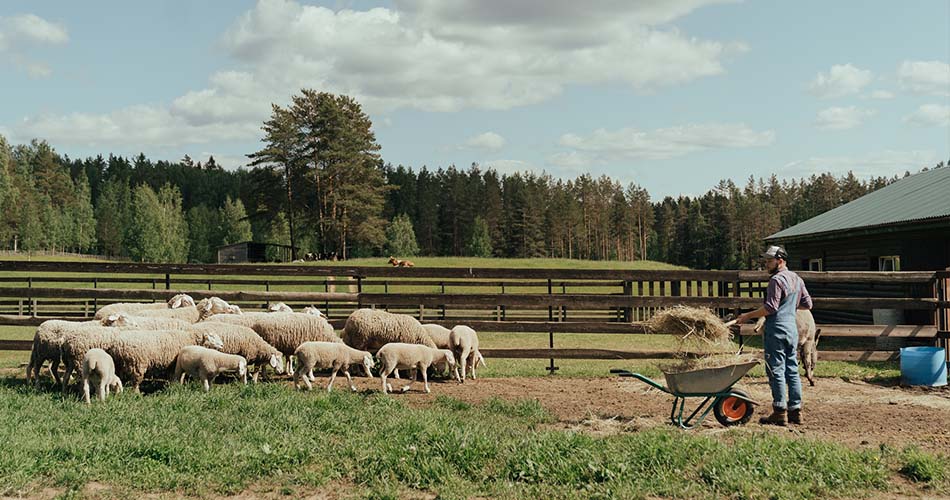
You will make lots of mistakes as a homestead in the beginning. No matter how good your plan is or how much time you spend researching, no one can protect you from those mistakes. The good news is, they will make you better in every aspect! There is no rainbow without rain! If you need to enjoy a peaceful day as a homesteader, you first need to make lots of mistakes so that you can learn from them. If you do so, you will prevent more significant future problems down the road.
This is an adventure of a lifetime. Don’t expect things to come easily and fast. Take it all step by step. Starting too many projects all at once will only bring you closer to burnout. Give yourself time to learn, grow, and adjust to your new knowledge. Some days will be challenging and hard. You might even ask yourself why you started in the first place, but with patience, you will get your payoff.
You need to expect the unexpected, try to adapt to the situation, and take your lessons. No pressure! You are on the journey of building the life of your dreams. Yes, it will take time, and you will need to sacrifice some things along the way, but enjoy every bit of it!
Mistake #9: Not starting today!
If homesteading is something you think you want to make a lifestyle, you might never be 100% ready. Just start today! Think about all of your ideas, make a plan and start looking for ways to put it into action. it might be the best decision you ever made. And if you need help, Greg The Homesteader will always be here to help!

Thanks Greg not total homesteaders but working on more self sufficiency !
Hey Sandy, thanks a lot, and sure in the next articles, I will make sure I include more self-sufficiency tips. ?